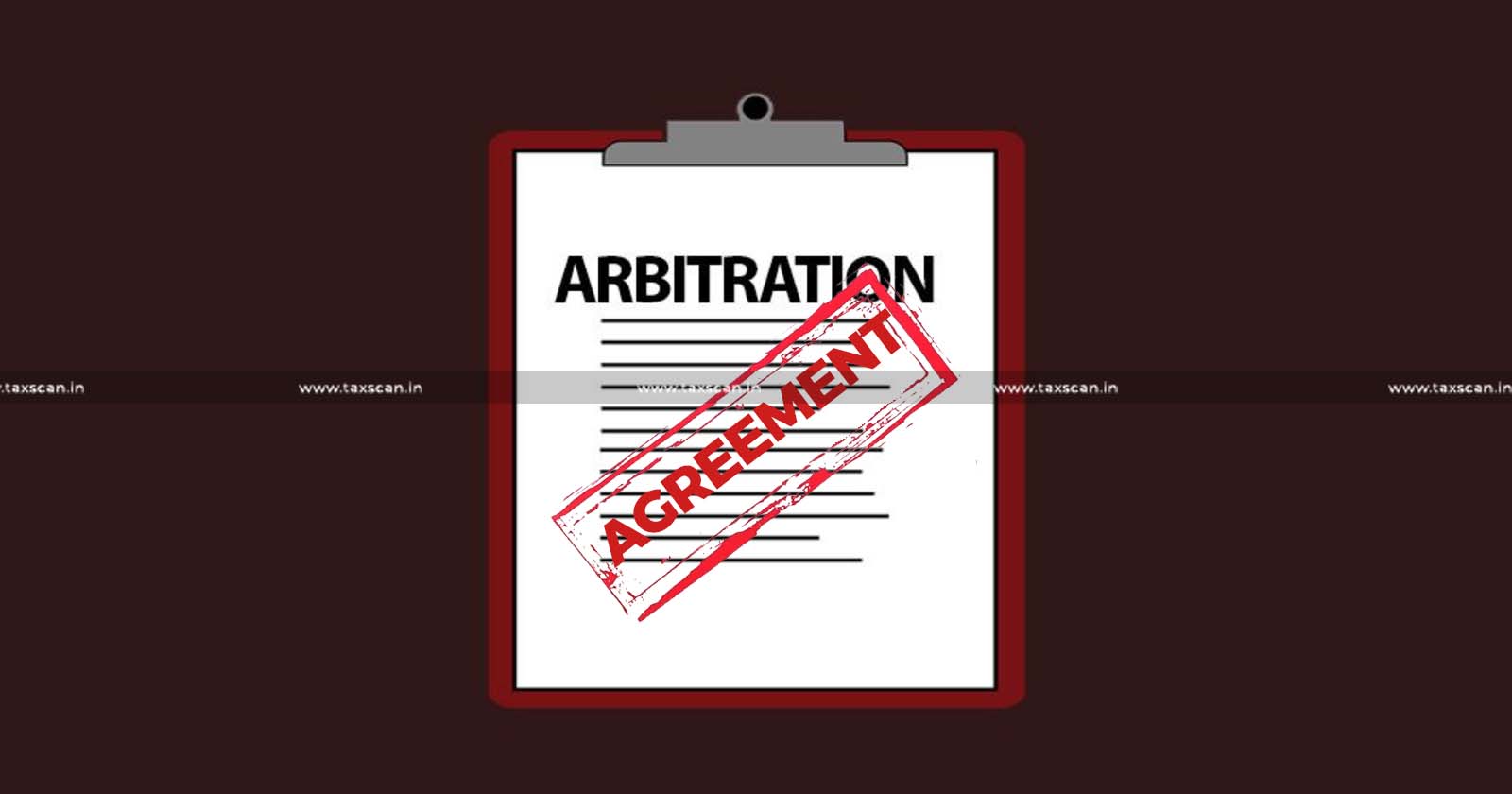Members of Families Bound by Terms of Arbitration Agreement Executed between Heads of Two Branches of Families, on Signing Agreement: Delhi HC [Read Order]

Members of Families Bound – Families Bound – Terms of Arbitration Agreement – Arbitration Agreement – Two Branches of Families – Signing Agreement – Delhi High Court – taxscan
Members of Families Bound – Families Bound – Terms of Arbitration Agreement – Arbitration Agreement – Two Branches of Families – Signing Agreement – Delhi High Court – taxscan
In a major decision a Single Judge Bench of the Delhi High Court ruled that the members of the families are bound by the terms of arbitration agreement executed between the heads of two branches of families, on signing the arbitration agreement.
The senior counsel for the defendant nos.3 to 6 submitted that the plaintiff having signed the Memorandum of Understanding (MoU), is a party thereto and, therefore, the remedy of the plaintiff, if any, is only in arbitration and the present suit is, therefore, not maintainable.
The Counsel further submitted that the plaintiff has signed the MoU in acceptance thereof and, therefore, is bound by the terms of the MoU, including the Arbitration Agreement. Though, the plaintiff has sought to create a doubt on her signatures on the MoU, the assertions in the plaint in that regard are highly vague.
On the other hand, the counsel for the plaintiff, placing reliance on the judgment of the Supreme Court in Bihar State Mineral Development Corporation & Anr. v. ENCON Builder (I)(P) Ltd, submitted that merely by signing the MoU, the plaintiff cannot be said to be a party to the Arbitration Agreement and that the MoU defines the parties thereto, and the same are only defendant nos.1 and 3. The Counsel also argued that, therefore, the plaintiff cannot be held bound by the Arbitration Agreement contained in the MoU.
The first issue raised by the counsel for the plaintiff is whether the present proceedings/application is to be decided and is governed by the Act as it stood prior to the coming into force the Arbitration and Conciliation (Amendment) Act, 2015 or thereafter.
The Court of Justice Navin Chawla observed that the Supreme Court held that such a case shall be governed by the pre-amended Act. In the present case, however, even as per the plaintiff, there being no notice under Section 21 of the Act issued to the plaintiff by the defendant no.3, and the suit having been filed post the coming into the force of the Amending Act, the provisions of the Amending Act would apply to the present application as well as the present suit.
The Court further noted that “I hold that prima facie there is an Arbitration Agreement in existence between the parties to the present suit, contained in the MoU. The dispute raised by the plaintiff in the present suit is prima facie covered within the ambit and scope of the said Arbitration Agreement. I, therefore, hold that the present suit is not maintainable and the parties are accordingly referred to arbitration.”
“The submission of the counsel for the plaintiff that the parties to the present suit cannot be referred to arbitration, as defendant no.8 is not a signatory to the MoU also cannot be accepted. It is relevant to note that the defendant no.8 is the daughter of the plaintiff and the defendant no.1” the Court added.
To Read the full text of the Order CLICK HERE
Support our journalism by subscribing to Taxscan premium. Follow us on Telegram for quick updates


